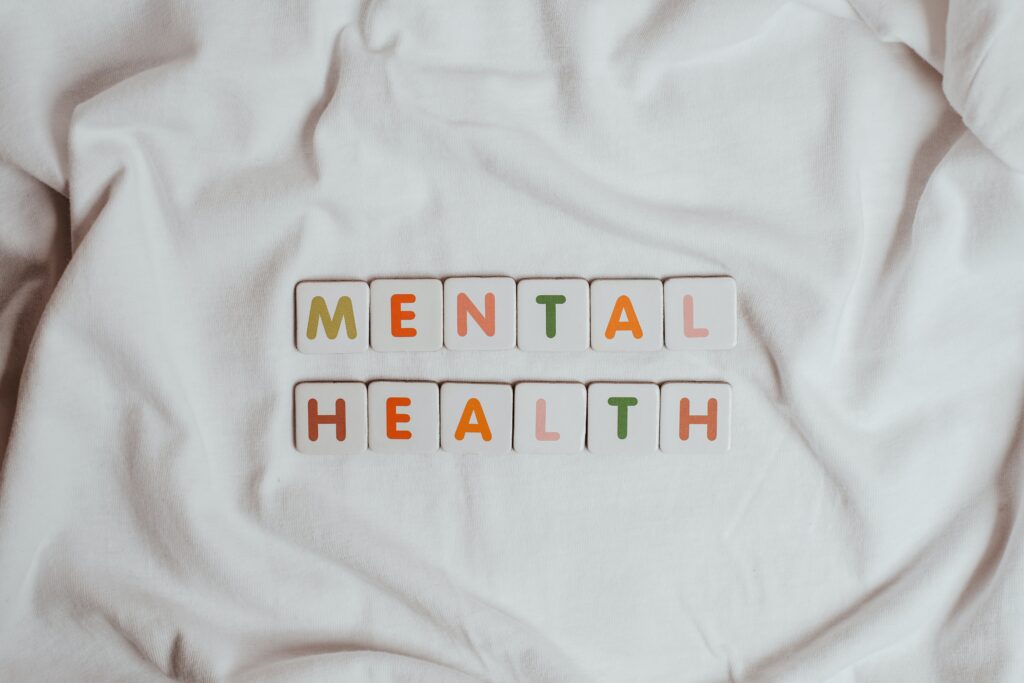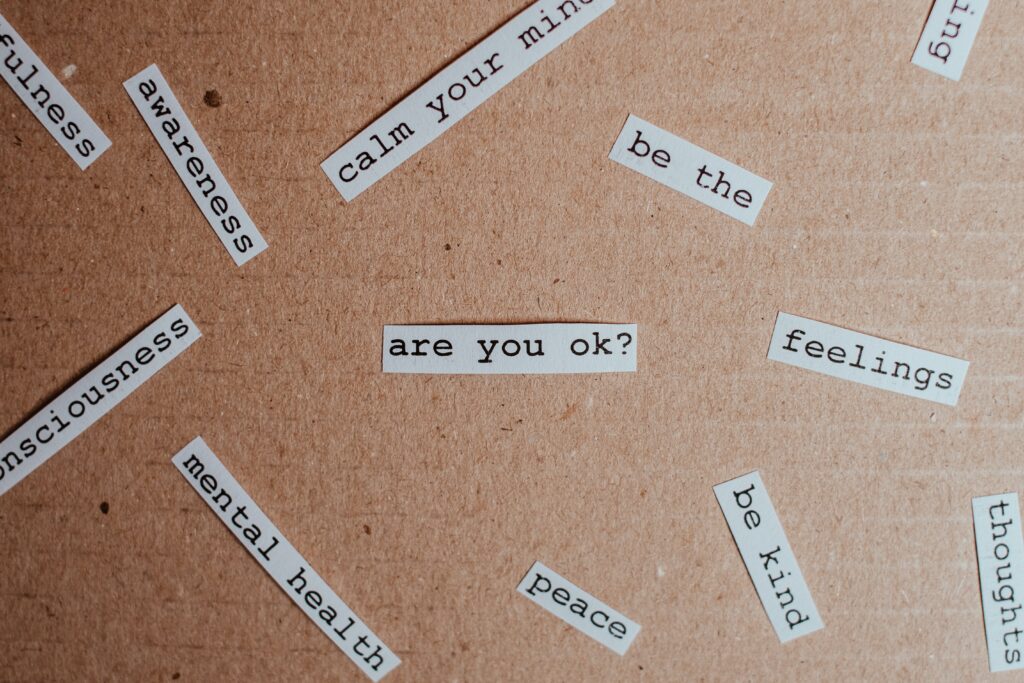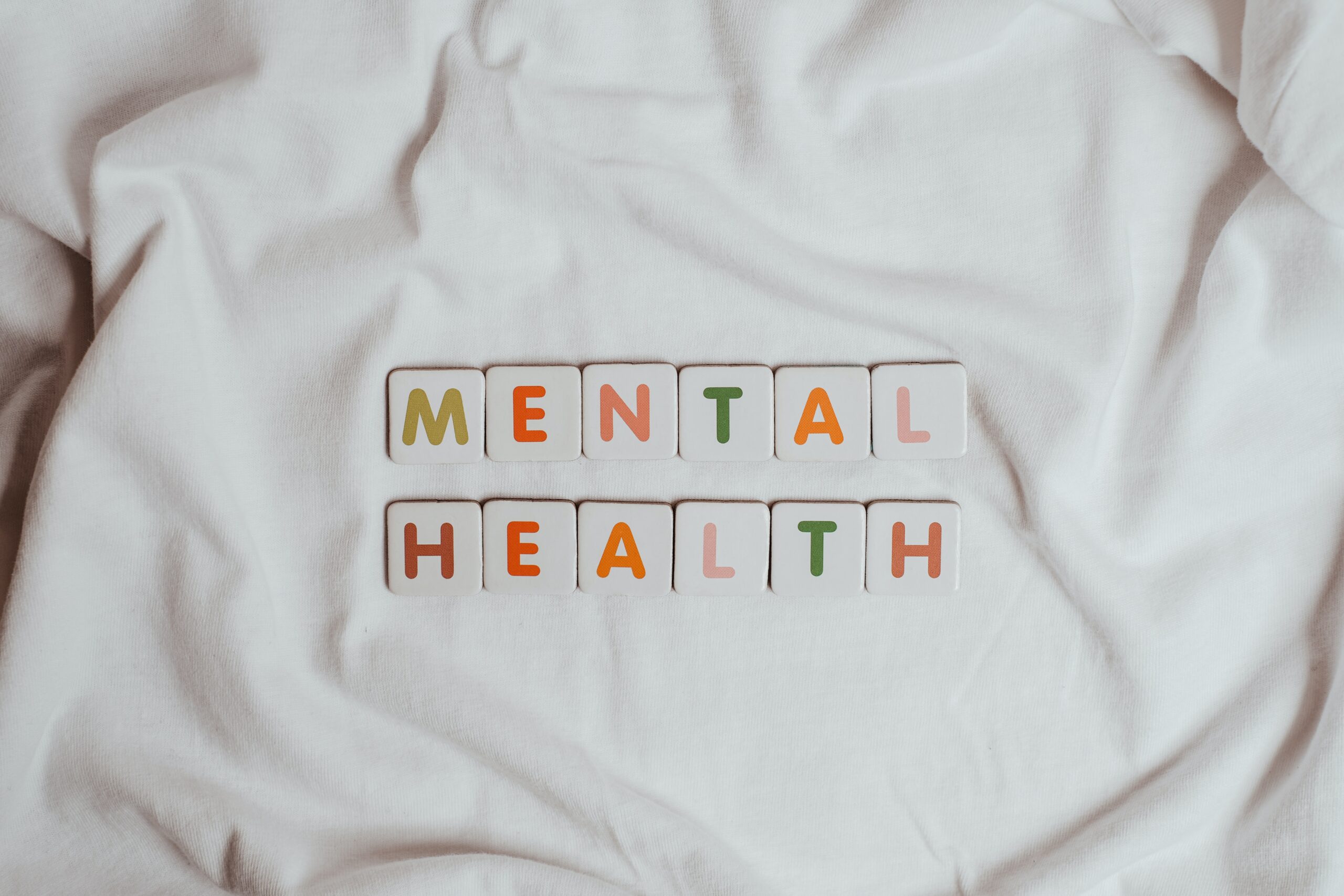
Overcoming Addiction and Mental Health Challenges
Addiction and mental health are two complex topics that can be challenging to navigate. They often go hand in hand, making it difficult to differentiate between the two. We dive deep into understanding what addiction and mental health are, their relationship, and their common causes. We also discuss the symptoms and warning signs of addiction and mental health disorders, how they are diagnosed, and different treatment options available. Additionally, we talk about support systems for individuals struggling with addiction and mental health disorders. Lastly, we touch upon the long-term effects of these issues. If you or someone you know is struggling with addiction or mental health issues, keep reading to find ways to overcome these challenges.
Understanding Addiction and Mental Health
Substance use disorder affects both emotional and physical well-being, often co-occurring with mental health disorders. Seeking assistance from a mental health clinic can be beneficial in the recovery process. Addiction and mental health issues are widespread in the United States, impacting individuals of all ages and backgrounds. It is important to address these concerns to improve overall social and cognitive health.
What is Addiction?
Addiction is the inability to stop using a substance, resulting in dependence and withdrawal symptoms. It is a recognized mental illness defined by the DSM-5. Resources for addiction treatment are available through the Substance Abuse and Mental Health Services Administration.
Types of Mental Health Disorders
Mental health disorders encompass a range of conditions, including bipolar disorder and schizophrenia. Post-traumatic stress disorder (PTSD) can develop after experiencing trauma, while substance use disorder (SUD) is a prevalent mental health condition. These disorders can affect individuals of all age groups. Common treatments for mental health disorders include psychotherapy and medication.
How are Addiction and Mental Health Related?
Addiction and mental health often coexist, referred to as dual diagnosis. Substance abuse can exacerbate symptoms of mental health disorders. Integrated treatment for both addiction and mental health is crucial for recovery. Mental health professionals can provide comprehensive care. Social support plays a vital role in helping individuals struggling with addiction and mental health.
Common Causes of Addiction and Mental Health Disorders
Biological factors can contribute to the development of addiction and mental health disorders. Environmental factors, such as trauma or stress, can increase the risk of addiction and mental health issues. Adverse childhood experiences can impact mental health and increase the likelihood of addiction. Substance abuse can begin as a way to cope with pain or emotional distress. Access to illegal drugs and social media can contribute to addiction and mental health problems.

Symptoms and Warning Signs of Mental Health
Physical symptoms of addiction and mental health disorders vary depending on the substance or condition. Behavioral changes, like increased secrecy or isolation, may indicate addiction or mental health issues. Identifying addiction and mental health problems in loved ones requires observation and open communication. Seeking guidance from a healthcare provider is crucial for an accurate diagnosis.
Physical Symptoms of Addiction and Mental Health Disorders
Substance use can cause changes in appetite, resulting in weight loss. Nausea and tremors are common withdrawal symptoms experienced in addiction. Additionally, addiction and mental health disorders can lead to physical health problems, such as heart disease. Nicotine and drug use can have detrimental effects on overall physical well-being. Individuals struggling with addiction and mental health issues often experience sleep disturbances.
Behavioral Changes to Look Out For
Keep an eye out for changes in sleep patterns or appetite as they could indicate addiction or mental health disorders. Social withdrawal and isolation are also red flags to watch for, alongside increased irritability and mood swings. Pay attention to any decline in personal hygiene or grooming, as well as decreased performance at work or school, as these may be linked to underlying addiction or mental health issues.
How to Identify Addiction and Mental Health Issues in Loved Ones
In order to identify addiction and mental health issues in loved ones, it is important to observe any changes in behavior, such as secretive or suspicious actions. Look for signs of declining mental and physical health, like changes in appetite or weight loss, withdrawal symptoms, or sleep disturbances. Engage in open conversations expressing concern and offering support, and encourage them to seek help from mental health professionals. Attend support groups or family therapy sessions to gain a better understanding of addiction and mental health.
Diagnosis and Treatment
To effectively address addiction and mental health disorders, a comprehensive assessment by a healthcare provider is necessary for diagnosis. Treatment often involves a combination of therapy and medication. Cognitive-behavioral therapy is particularly effective in addressing these issues. Support groups provide an invaluable network during the recovery process. Seeking help from a mental health professional is crucial for developing a personalized treatment plan.
How are Addiction and Mental Health Disorders Diagnosed?
Diagnosing addiction and mental health disorders involves evaluating symptoms and using diagnostic criteria from the DSM-5. Professionals may utilize interviews, questionnaires, and medical tests to assess the individual’s condition. A comprehensive assessment considers biological, psychological, and social factors, ensuring an accurate diagnosis for developing a suitable treatment plan.
Different Types of Treatment Options
Treatment options for addiction and mental health disorders encompass medication, therapy, and lifestyle changes. Tailored to meet individual needs, treatment plans may include cognitive-behavioral therapy, psychotherapy, or a combination of approaches. Alternative therapies like art therapy or mindfulness practices can also be beneficial. The overall goal of treatment is to foster recovery and enhance overall well-being.
Medication and Therapy Treatment Plans
Medication plays a crucial role in managing symptoms of addiction and mental health disorders by targeting specific imbalances in the brain. In addition to medication, therapy is also an essential component of treatment. Cognitive-behavioral therapy focuses on changing negative thought patterns and behaviors, providing comprehensive support for recovery. Integrating medication and therapy can be highly effective in promoting overall well-being and long-term recovery.
Support Systems
Having a strong support system is crucial for individuals struggling with addiction and mental health disorders. Support can come from family, friends, support groups, or healthcare professionals. Social support provides encouragement, understanding, and accountability, helping individuals navigate challenges and maintain motivation during recovery. Building a support system is an ongoing process that requires open communication and trust.
Resources for Individuals Struggling with Addiction and Mental Health Disorders
There are several resources available for individuals seeking help with addiction and mental health disorders. Local mental health clinics or community health centers can provide information and referrals. National helplines and hotlines offer immediate support and guidance. Online directories are helpful in finding mental health professionals in their area. Non-profit organizations and advocacy groups provide educational materials and access to support networks.
How to Recover from Addiction and Mental Health Disorders
Recovery from addiction and mental health disorders is a journey that requires commitment, patience, and professional guidance. It involves developing healthy coping mechanisms and addressing underlying issues. Lifestyle changes like adopting a balanced diet and engaging in regular exercise are often part of the recovery process. Building resilience and practicing self-care are also essential. Ongoing support and follow-up care are crucial for long-term recovery.
What are the Long-Term Effects of Addiction and Mental Health Issues?
Untreated addiction and mental health issues can have lasting impacts on physical and emotional well-being. Chronic substance abuse can harm organs, increase cardiovascular risks, and heighten susceptibility to infections. Neglected mental health disorders can worsen over time, impairing daily functioning. Strained relationships, financial challenges, and limited opportunities may result from long-term effects. Seeking timely treatment and support can help mitigate these consequences.
Conclusion
In conclusion, overcoming addiction and mental health disorders requires a comprehensive understanding of the issues at hand. It is important to recognize the signs and symptoms, as well as the common causes of these conditions. Seeking a proper diagnosis and exploring different treatment options, such as medication and therapy, can provide the necessary support for recovery. Building a strong support system and utilizing available resources are crucial in the journey towards healing. It is also important to be aware of the long-term effects of addiction and mental health issues, as they can have a significant impact on an individual’s life.
To Schedule with a Provider, click here:




Comments are closed